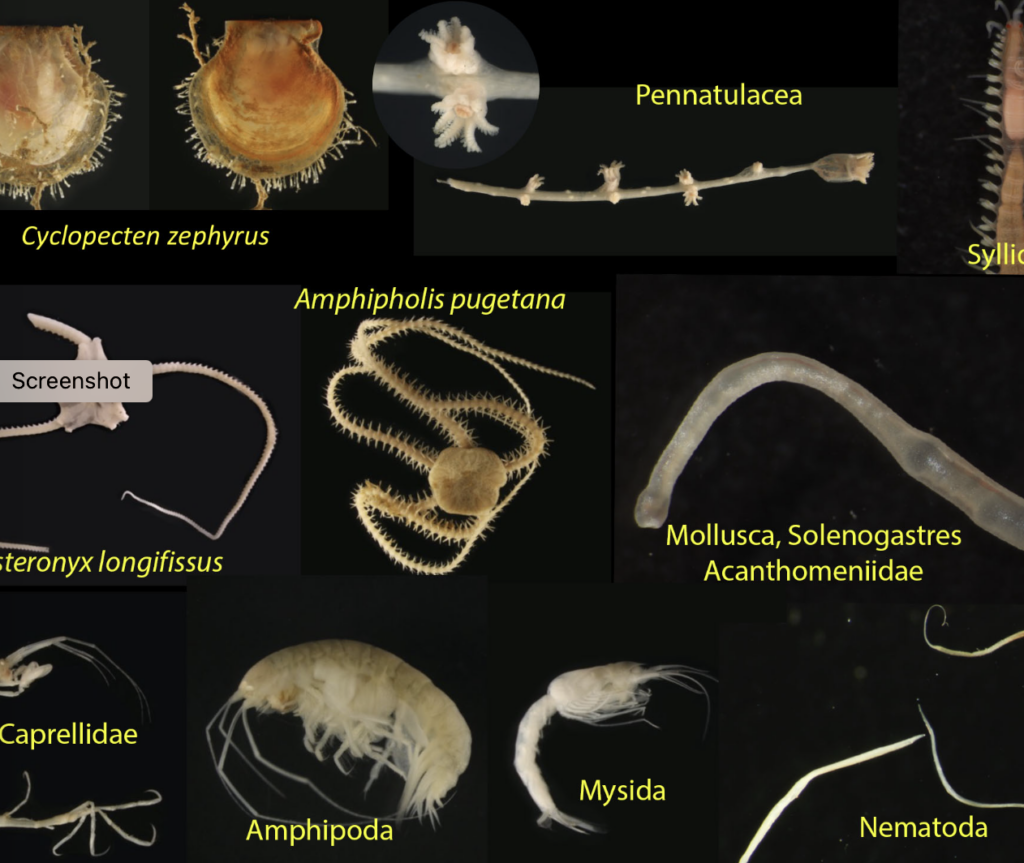Local impact of DDT on deep-sea benthos off Catalina Island
In coastal waters off Southern California, industrial dumping of organic pollutants into nearshore and deep ocean water was a recurrent practice in past decades, leaving a legacy of chemical pollution. Recent attention has been given to half a million barrels that were found on the seabed at about 900-meter depth in the San Pedro Basin near Catalina Island. Initial samples show DDT concentrations in the area far exceed the NOAA sediment quality guidelines and raise concerns about potential effects on benthic communities. USC Sea Grant funded a study to investigate the potential impacts of DDT in deep-sea sediments on benthic macrofaunal communities near Catalina Island in terms of abundance, composition, taxonomic diversity, community functional traits, and spatial distribution in the sediment column.
Key results to date:
-
- The study completed environmental assessment and sorting, identification, and quantification of macrofauna (and meiofauna) in all samples.
- This study represents the first quantitative, high spatial-resolution study on macrobenthos both horizontally (in relation to proximity to barrel) and vertically (in the sediment column) associated with waste barrels dumped in Dumpsite 2.
- Results show high variability in both DDT compounds and faunal community structure, with low local impact of DDTs on deep-sea benthos. Macrofaunal diversity was lowest and composition was distinct in sediments within the bacterial halos surrounding the barrels.
nbsp;
- There is no clear influence of barrels on macrofaunal community structure and vertical distribution

Project Impacts & Application:
- Presentations of data at the Southern California Regional Chapter of the Society of Environmental Toxicology and Chemistry, the California Coastal Chloro-Contamination Conference, the Annual Scripps Student Symposium; and the DDT Community Meeting hosted by USC and California Sea Grant
Principal Investigator:
- Carlos Neira, Ph.D., University of California, San Diego
- Lisa Levin, Ph.D., University of California, San Diego
Funding:
NOAA, 2022-2024
Additional Info:
Access our Publications Database to view publications from this project or other related topics
